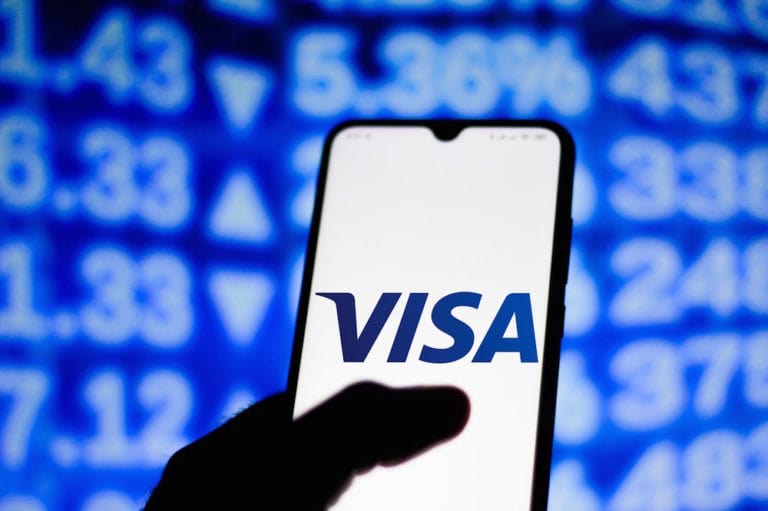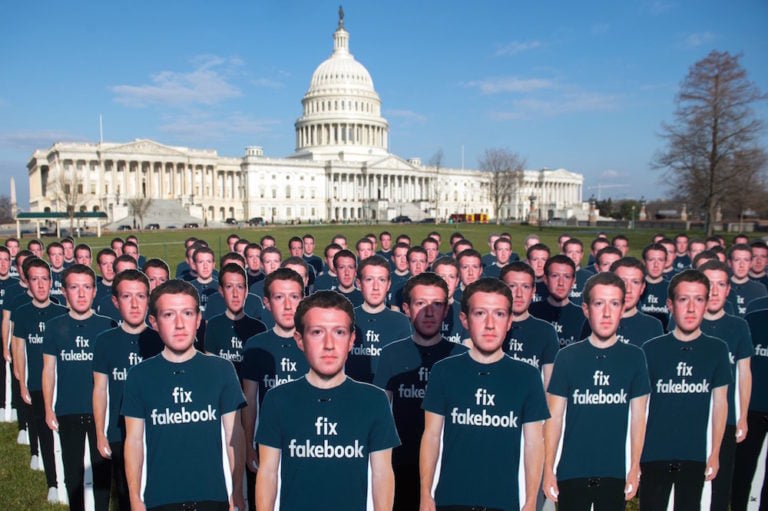Articles by Electronic Frontier Foundation (EFF)

Egypt: NGOs call on authorities to release leaders of the Egyptian Initiative for Personal Rights
As authorities escalate their crackdown on human rights defenders and civil society organisations, rights groups call for the immediate release of detained members of the Egyptian Initiative for Personal Rights (EIPR), and an end to the persecution of Egyptian civil society.

EFF urges Federal Appeals Court to rehear case involving unconstitutional Baltimore aerial surveillance program
EFF urged the full U.S. Court of Appeals for the Fourth Circuit to reconsider a split three-judge panel’s ruling that the Baltimore Police Department’s aerial surveillance of the city’s more than half a million residents is constitutional.

Visa wants to buy Plaid, and with it, transaction data for millions of people
Visa, the credit card network, is trying to buy financial technology company Plaid for $5.3 billion. The merger is bad for a number of reasons.
Introducing Cover your Tracks! EFF’s online privacy tool
Cover Your Tracks is about giving users the tools to fight back against the trackers, and improve the web ecosystem to provide privacy for everyone.

Elections are partisan affairs. Election security isn’t
EFF was profoundly disturbed by reports that the White House was pressuring Chris Krebs, director of the Cybersecurity and Infrastructure Security Agency (CISA), to change CISA’s reports on election security.

Content moderation and the U.S. election: What to ask, what to demand
It’s not clear that social media played a more significant role than many other factors in the 2016 election, including traditional media. But the techlash is real enough.

Why getting paid for your data is a bad deal
One bad privacy idea that won’t die is the so-called “data dividend,” which imagines a world where companies have to pay you in order to use your data. Sound too good to be true? It is.

Thank you for your transparency report, here’s everything that’s missing
There is a difference between corporately sanctioned ‘transparency,’ which is inherently limited, and meaningful transparency that empowers users to understand Facebook’s actions and hold the company accountable.
